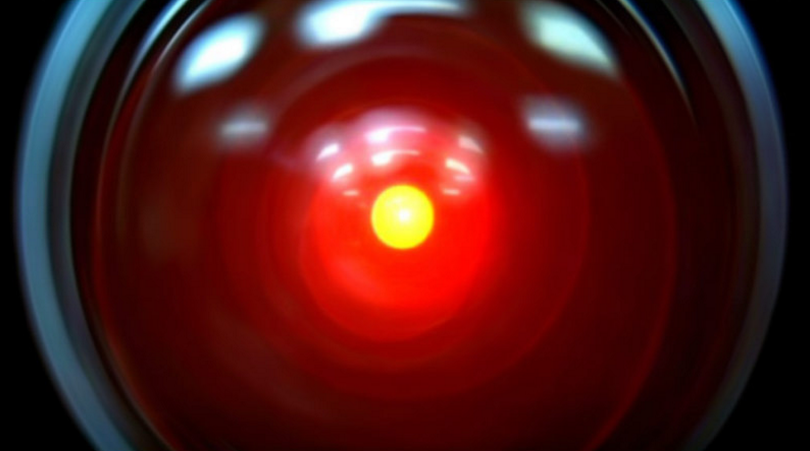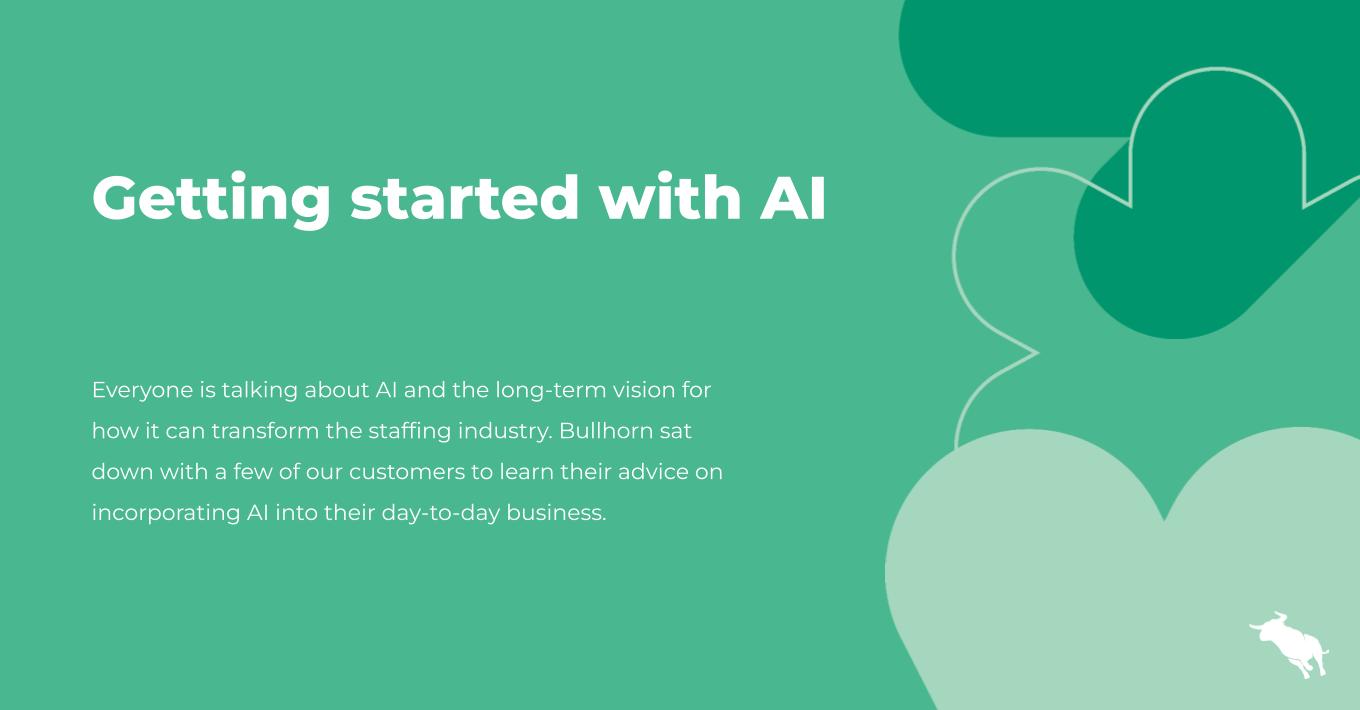Is Technology Killing Off the Recruitment Industry?

Will Machines Take Over…?
If the foreboding predictions of certain online commentators are to be believed, the recruitment industry is already well on the way to its own demise.
According to these ardent recruitment sceptics, the all but redundant role of the traditional recruiter will soon be little more than a relic of some bygone era. And the reason touted for the sector’s imminent destruction can be summed up in one word: “technology”.
Yet the fact is, recruitment isn’t anywhere near dead and buried – it’s not even on its last legs. Clearly, reports of the death of recruitment have been greatly exaggerated! Why then, as the industry continues to flourish year-on-year, is technology regularly cited as the Grim Reaper of this thriving sector?
On the surface, it’s not hard to understand why technology is so often seen as the superseder to an industry like recruitment. Social networking platforms such as LinkedIn put job seekers in direct contact with those responsible for hiring, while a host of online resources offer digital alternatives to many recruitment processes.
On top of this has been the emergence of a proliferation of HR-focused technology “disruptors”, aiming to undermine the traditional recruitment model by shifting the emphasis to speed and cost over quality of service.
However, while there can be no doubt that technology has transformed the recruitment industry in a myriad of ways, the doomsayers and disruptors have missed one critical aspect that no computer program has yet been able to replace; that is, the “human” factor.
For where technology sees the black and white data of applications and resumes, recruiters see the person behind the candidate; their character, aspirations, and unique personality. While algorithms work tirelessly to identify the “best match” for a client’s criteria, only a human can engage in direct, open communication with a hiring manager to find out what that “match” really entails.
U ltimately, it is the unequivocally human art of persuasion, negotiation, and compromise that results in the most effective recruitment solution for everyone involved.
ltimately, it is the unequivocally human art of persuasion, negotiation, and compromise that results in the most effective recruitment solution for everyone involved.
Furthermore, it is this irreplaceable human quality that makes for a much more enriching experience for both clients and candidates. Regardless of our digitally-oriented times, we as humans still crave connection and understanding, so the ability to integrate this “human touch” into the recruitment process can greatly improve engagement in ways that a computer never could.
Yet despite the perceived friction between technology and recruitment, the two are far from mutually exclusive. In fact, when used correctly, technology is one of the great enablers of the recruitment industry, offering a wealth of convenient automated solutions that add real value to the ever-evolving role of the modern recruiter.
There are no two ways about it. In order to thrive in the digital age, recruiters should be actively harnessing new technologies and leveraging off the advantages they provide, such as task automation, more streamlined processes, and greater cost efficiencies. In doing so, recruiters are then freed up to focus on the critical aspects of their role that technology cannot replace – those fundamental human qualities that form the very essence of successful recruitment.
So fear not recruiters! Modern technology is by no means sending the recruitment industry off into the sunset; if anything, it’s heralding a new dawn.
Interested in learning more about Bullhorn? Request a demonstration of Bullhorn and discover the benefits of recruitment software built for humans.




